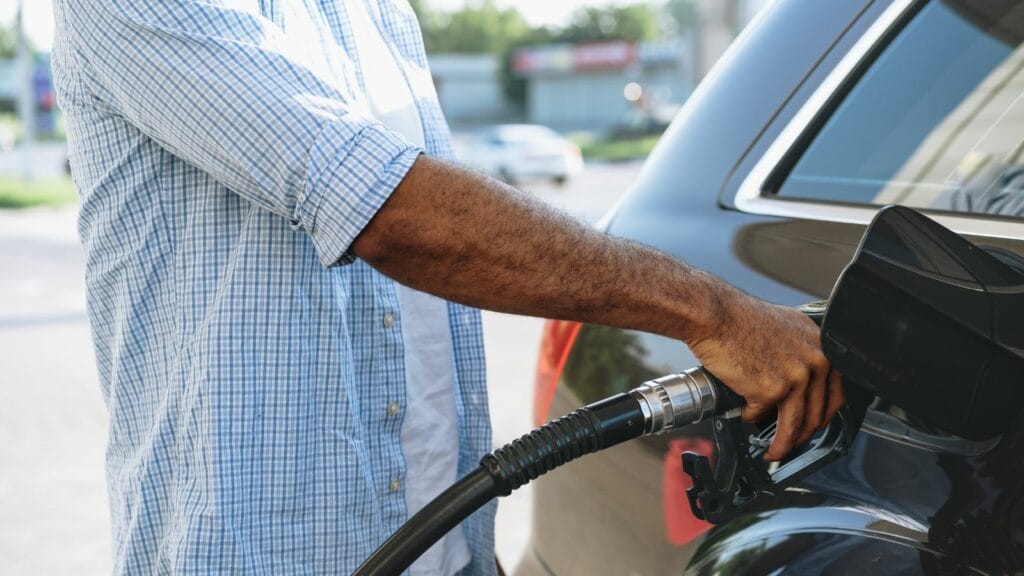Gas prices in Canada fluctuate regularly, with recent trends showing regional variation in August 2025. For example, in Vancouver, prices have been dropping by several cents per litre recently, while some other regions have experienced slight increases due to supply pressures. Overall, prices are around $1.40 to $1.70 CAD per litre for regular gasoline, depending on province and local conditions.
Here are practical tips backed by energy experts and statistics to help you stretch your gas money further and keep your visits to the pump less frequent, all without changing your lifestyle drastically.
Keep Your Tires Properly Inflated
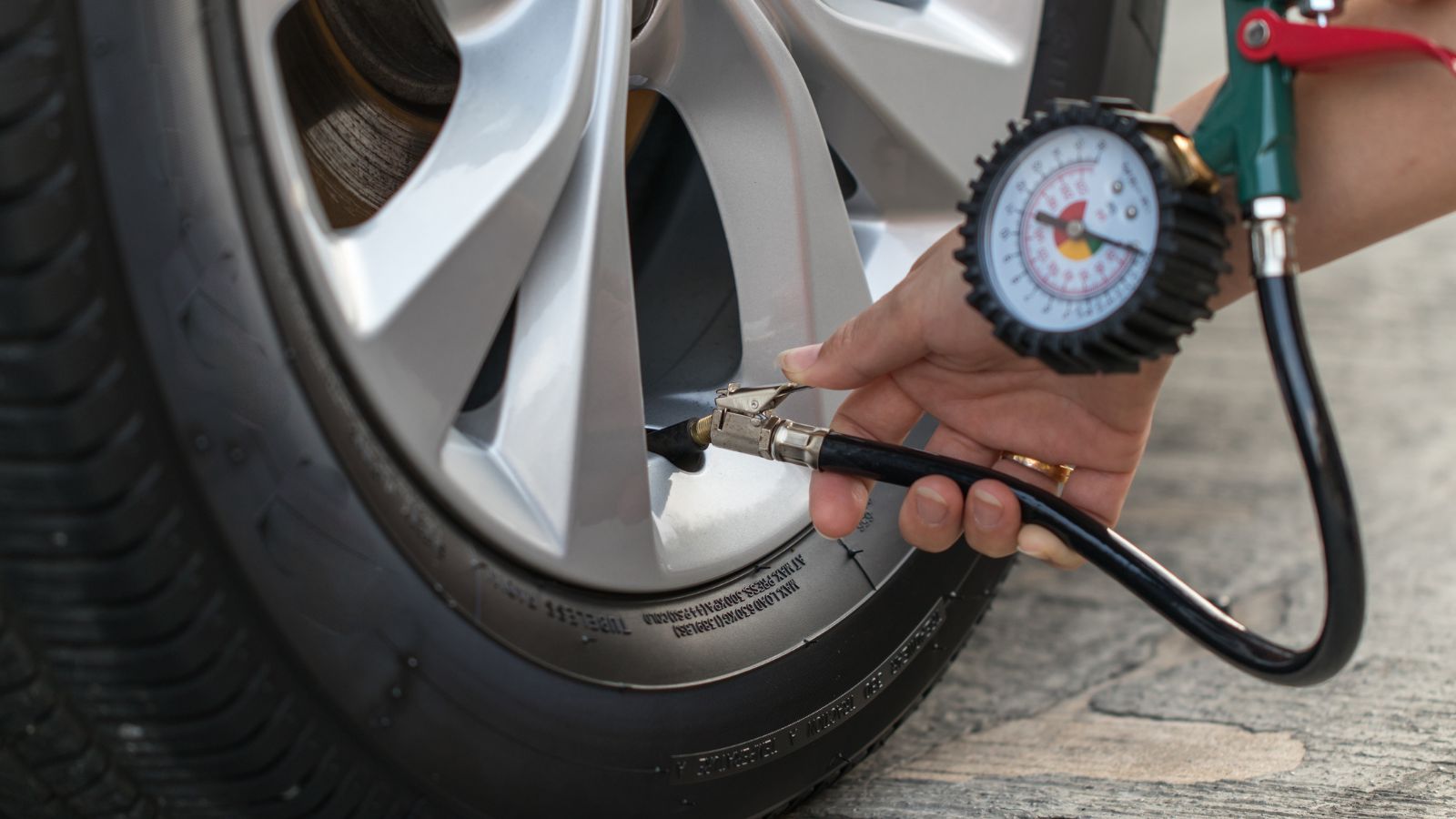
Low tire pressure means your engine has to work harder to move the car, which burns more gas. A quick check at the gas station or with a home gauge can help. Most vehicles have the recommended pressure on a sticker inside the driver’s door. Especially during Canadian winters, tires lose pressure faster, so it’s smart to check them regularly to avoid wasting fuel and money.
Avoid Aggressive Driving

Quick takeoffs and hard braking burn through gas faster than you might think. A smoother driving style is not only better for your wallet, it’s also safer, especially on busy Canadian roads or icy winter highways. By easing into acceleration and coasting to a stop when possible, you’ll notice your gas tank lasts longer.
Bonus: your brakes and tires will thank you, too.
Use Cruise Control on Highways
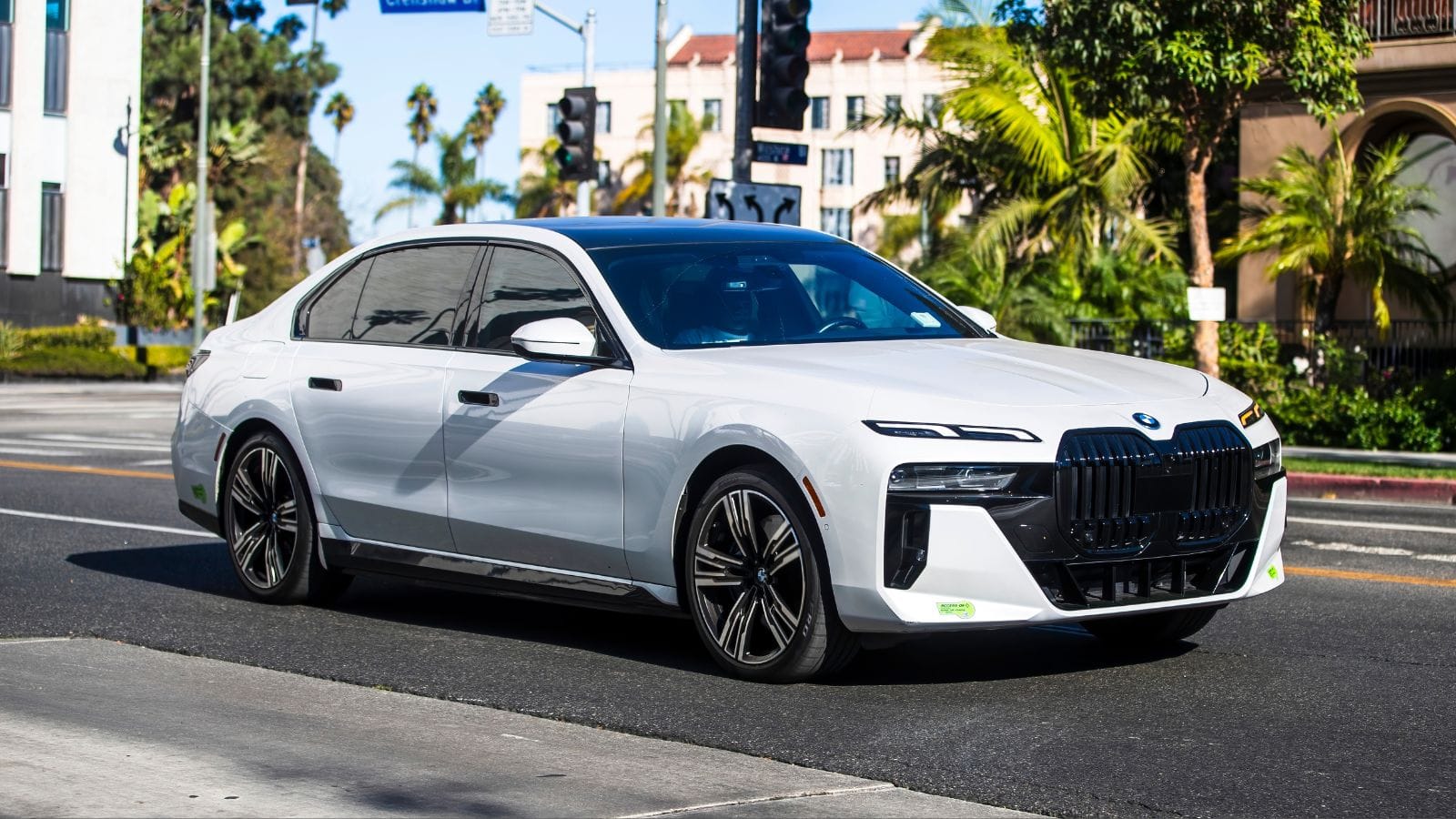
Maintaining a steady speed on long drives can save fuel. Cruise control helps avoid the little surges and slowdowns that cost you gas over time. On flatter highways across Canada, like stretches in Saskatchewan or Manitoba, it works especially well. Just don’t use it in hilly or icy areas where manual control is safer. It’s a simple way to drive smarter, not harder.
Lighten Your Load
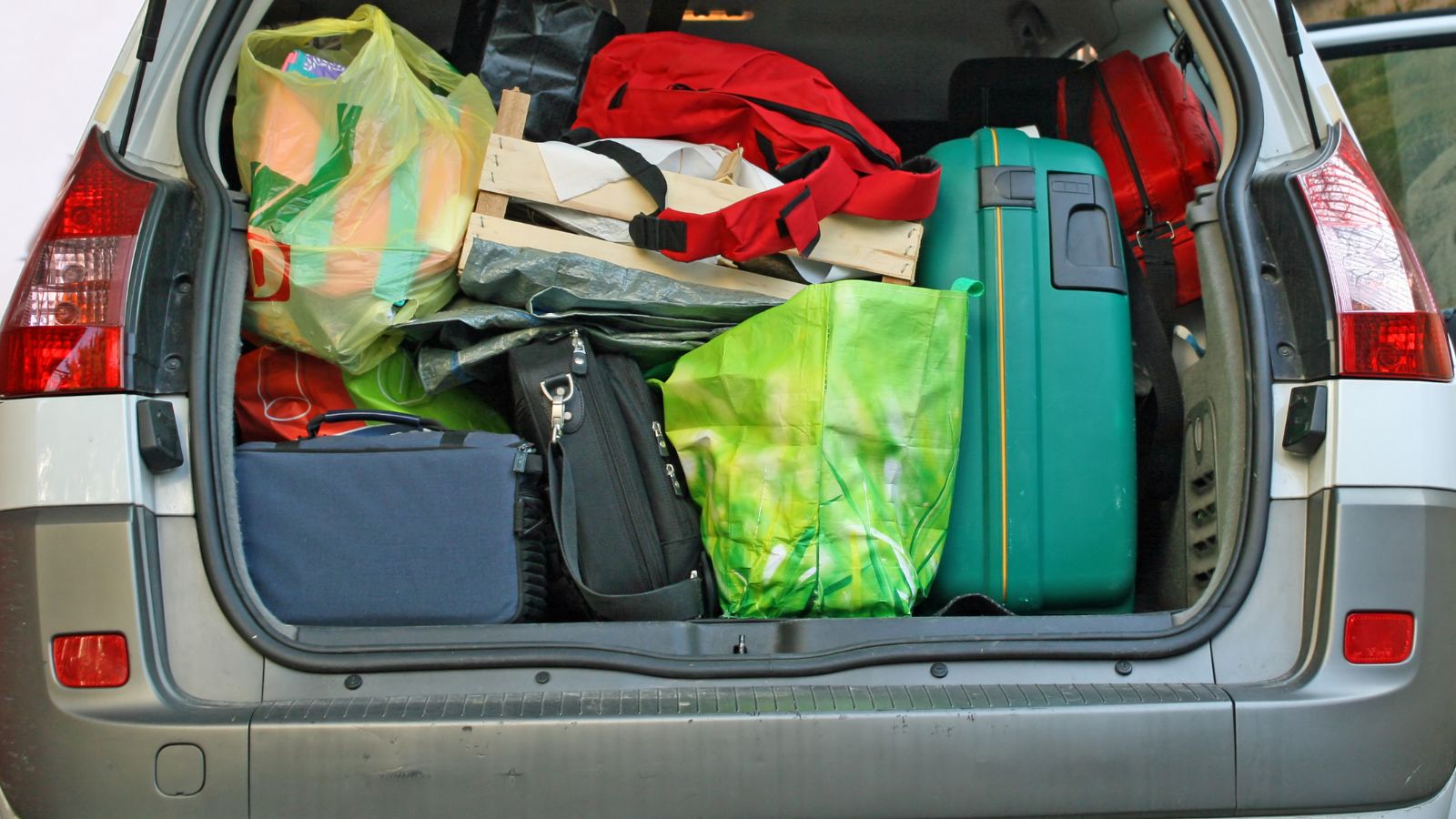
Carrying extra weight makes your vehicle burn more fuel. If you’ve got sports gear, old boxes, or tools in the trunk that don’t need to be there, take them out. Even roof racks and carriers can affect fuel efficiency by creating drag. A lighter vehicle means less effort for your engine, which leads to better mileage and more money saved at the pump.
Plan Your Trips Wisely
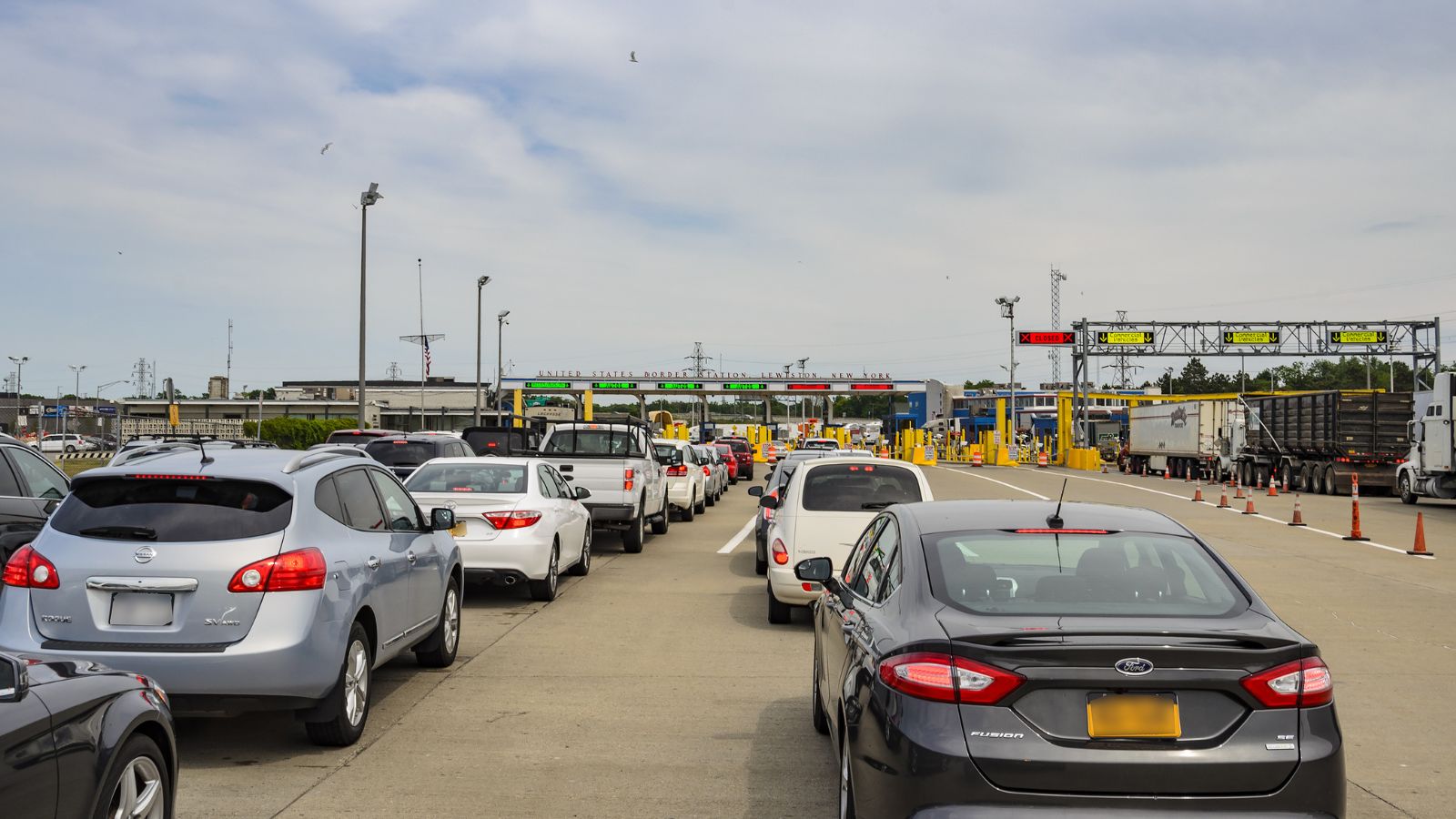
Multiple short trips burn more gas than one longer outing. Try to combine errands to avoid unnecessary starts and stops, which use up more fuel. Apps like Google Maps or Waze can help you avoid traffic jams and road closures that waste time and gas. Smart planning can make a big difference, especially when commuting in larger Canadian cities with rush hour delays.
Don’t Let Your Car Idle Too Long
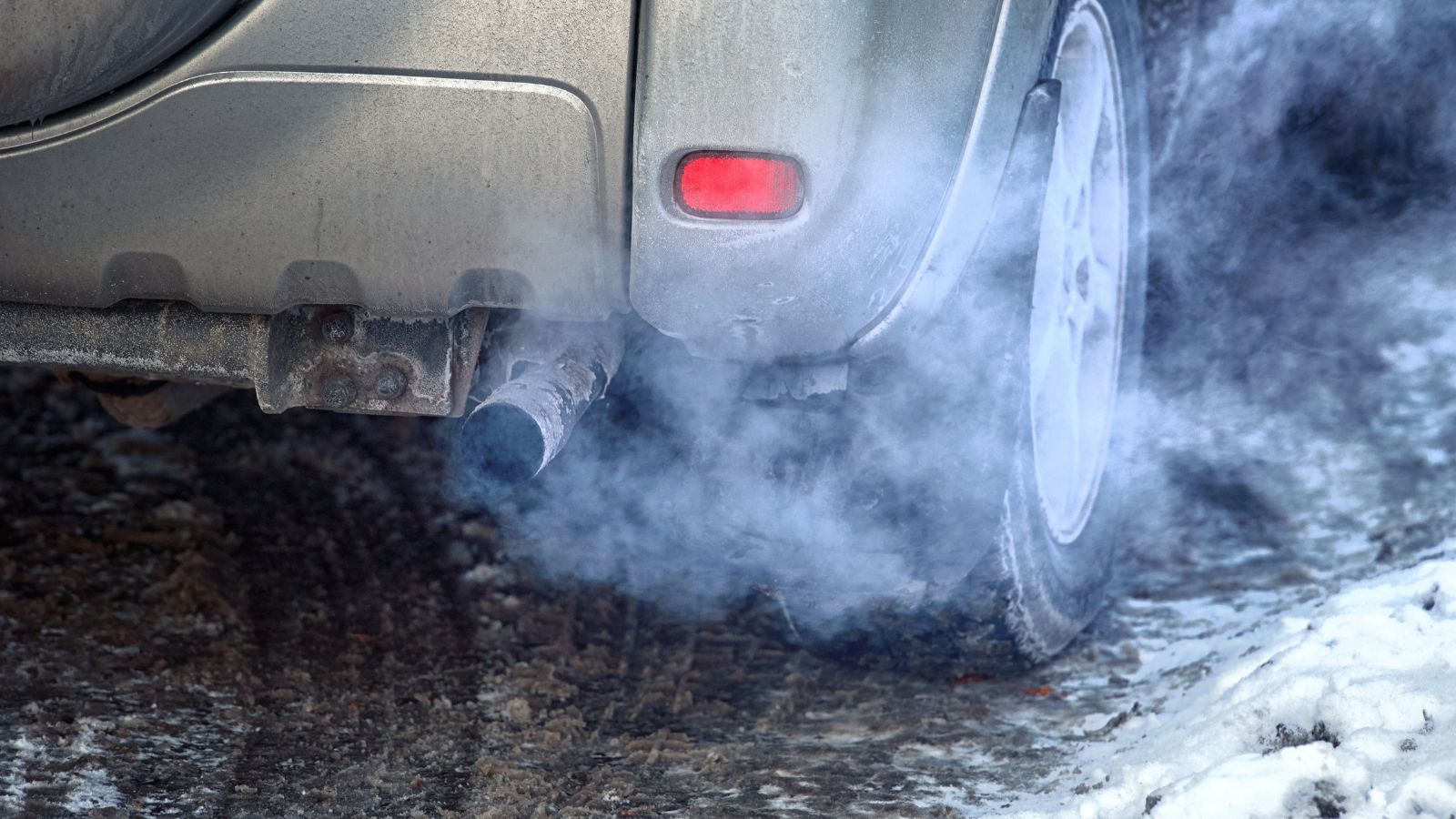
Leaving your car running while waiting or warming up can waste a surprising amount of fuel. In winter, it’s tempting to let it idle forever to heat up, but even a few minutes can burn through gas unnecessarily. Most modern cars don’t need more than 30 seconds to a minute to warm up safely. Shutting off the engine when parked saves fuel and reduces emissions.
Keep Your Engine Tuned
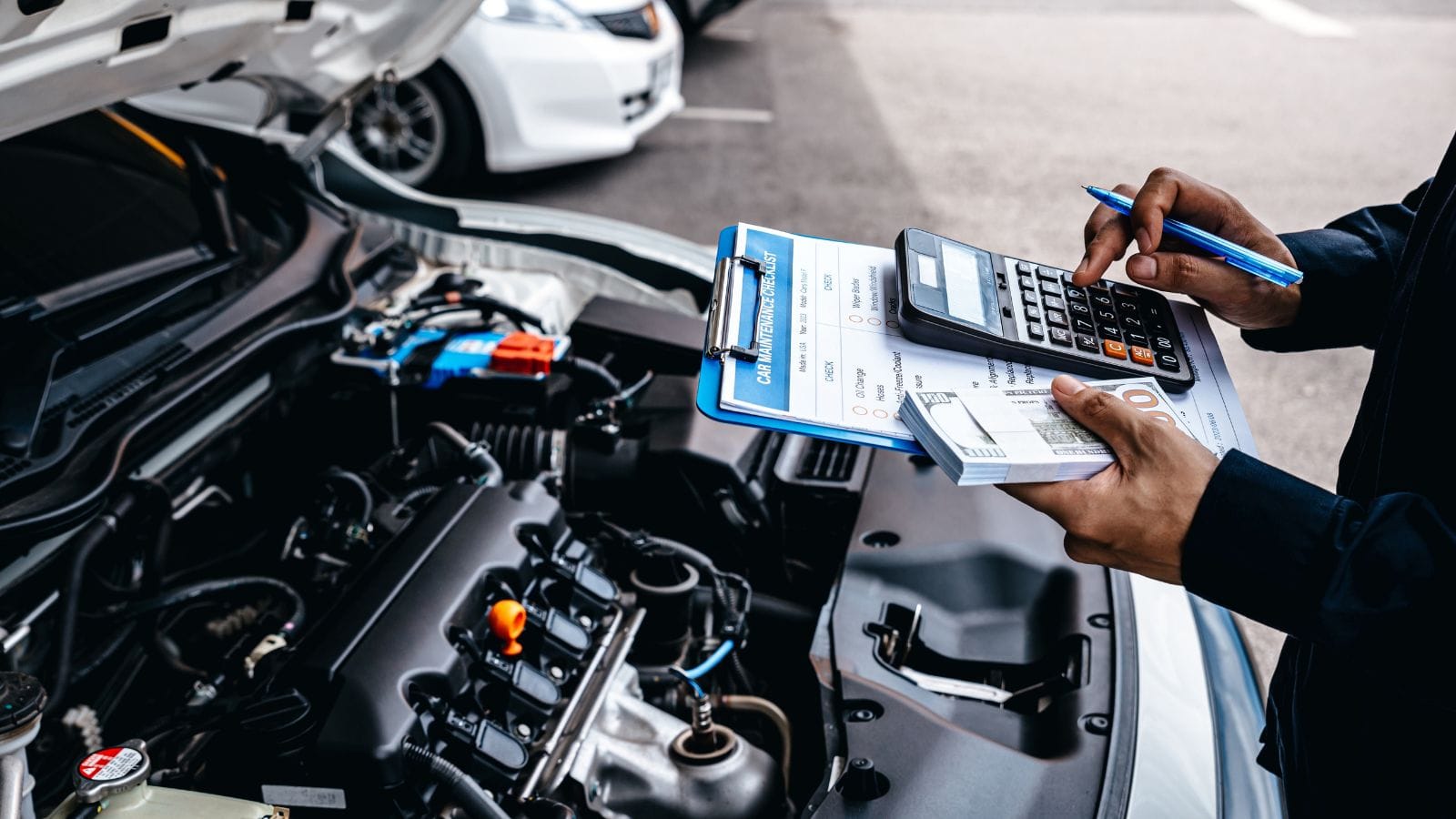
Regular maintenance helps your engine run efficiently. Things like dirty spark plugs, clogged air filters, or old oil can make your vehicle work harder than it should. Follow the maintenance schedule in your owner’s manual, or talk to your mechanic about routine tune-ups. A healthy engine doesn’t just save gas—it also extends the life of your vehicle, especially in Canada’s varied driving conditions.
Use the Right Motor Oil
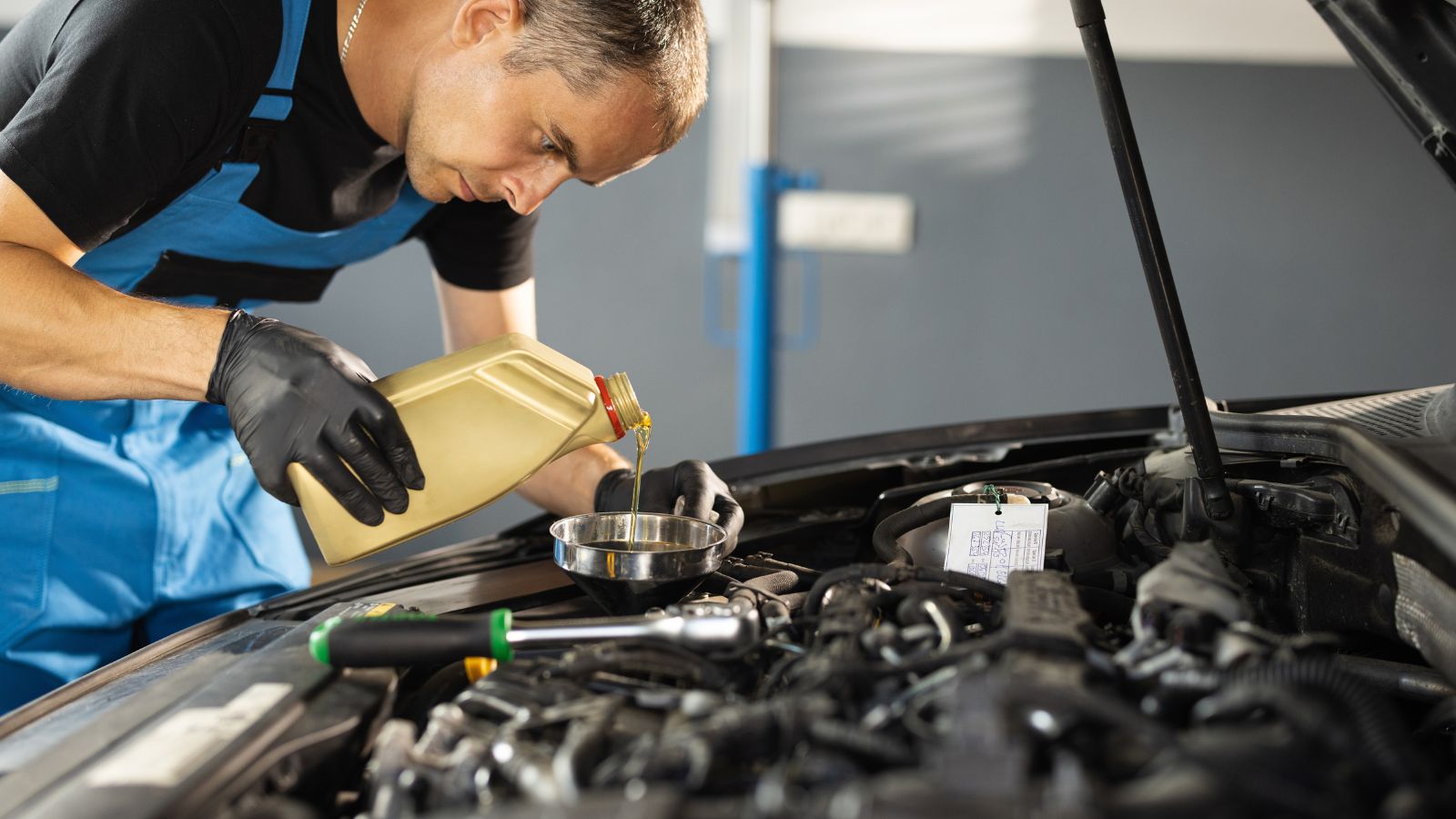
Not all engine oils are the same. Using the oil recommended for your car by the manufacturer can improve fuel economy by reducing engine friction. If you’re not sure what’s best, your mechanic or service manual will tell you. Thicker or off-spec oil may seem harmless, but it can reduce performance and cost you at the pump over time, especially in colder provinces.
Limit Use of Air Conditioning
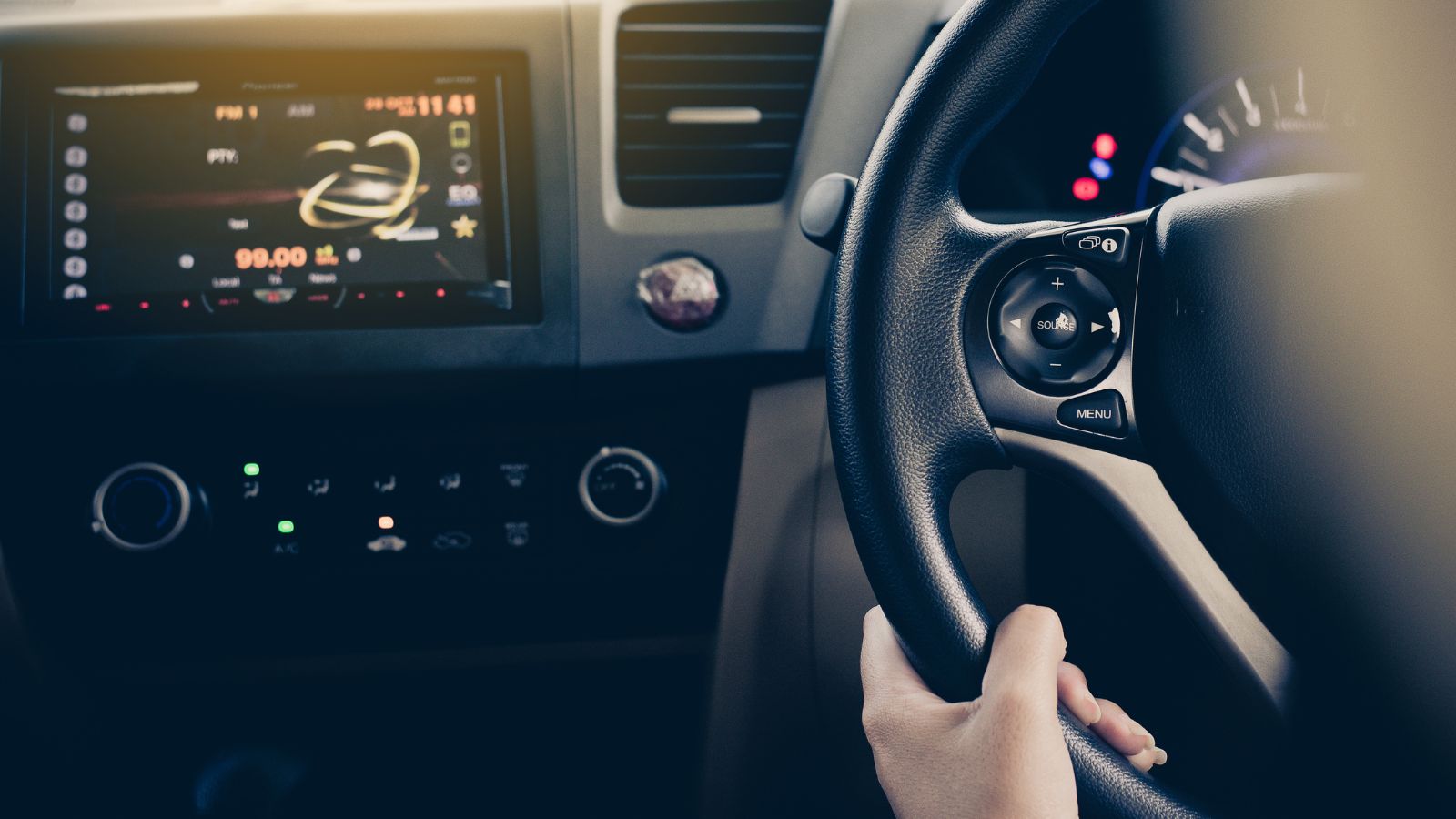
Running the AC puts an extra load on the engine, which uses more fuel. On milder days, consider rolling down the windows, especially at lower speeds. When driving on highways, open windows can cause drag, so using the AC efficiently is key. Try using the ventilation fan or setting the system to eco mode if your car has it. A little moderation goes a long way.
Check Your Gas Cap
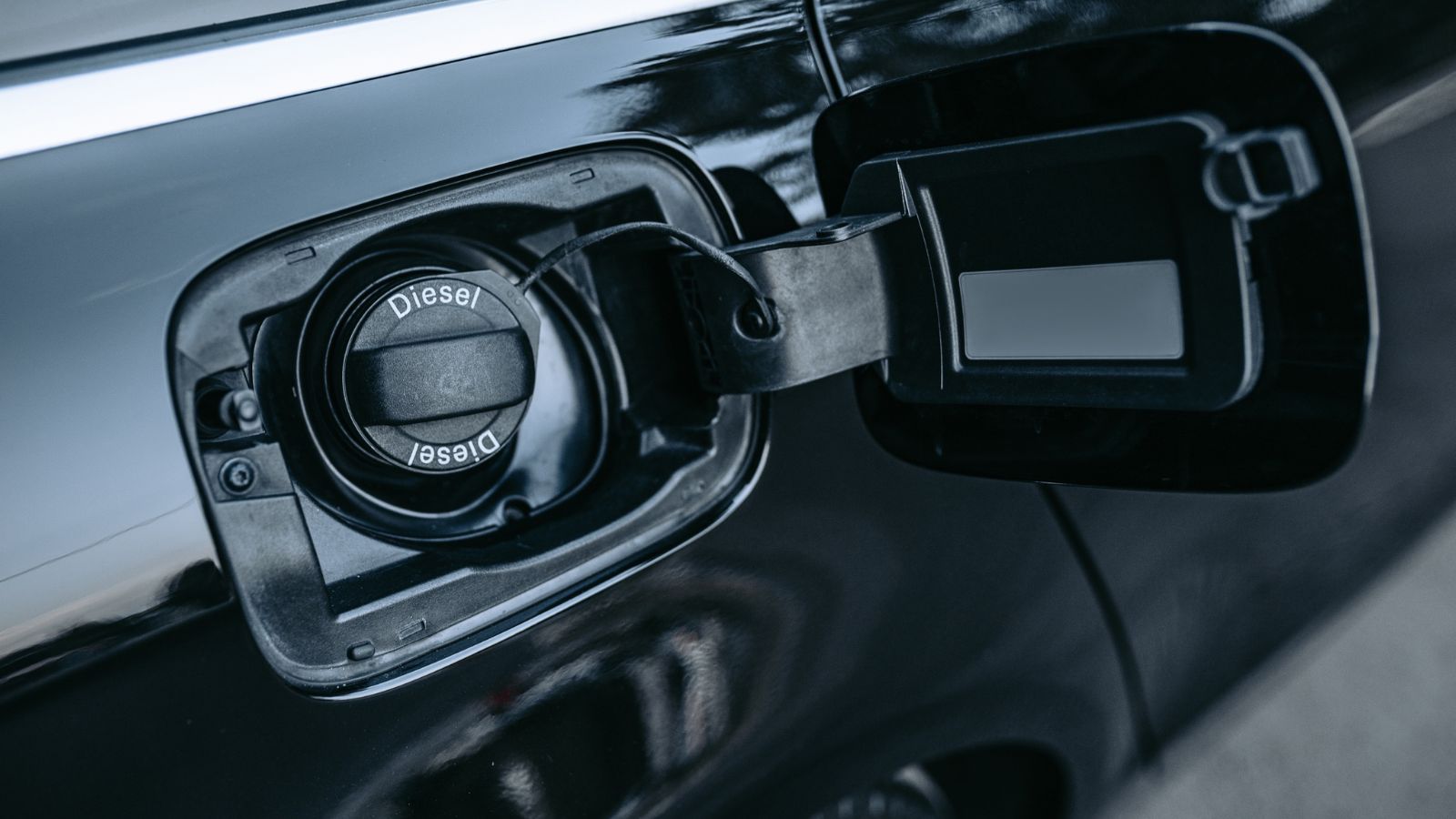
It’s easy to overlook, but a loose or damaged gas cap can let fuel vapour escape. That’s money literally vanishing into thin air. Plus, it can trigger your check engine light. If you’ve lost your cap or it doesn’t seal properly, get it replaced. It’s a cheap fix that can improve fuel efficiency and keep your emissions system working as it should.
Drive in the Right Gear
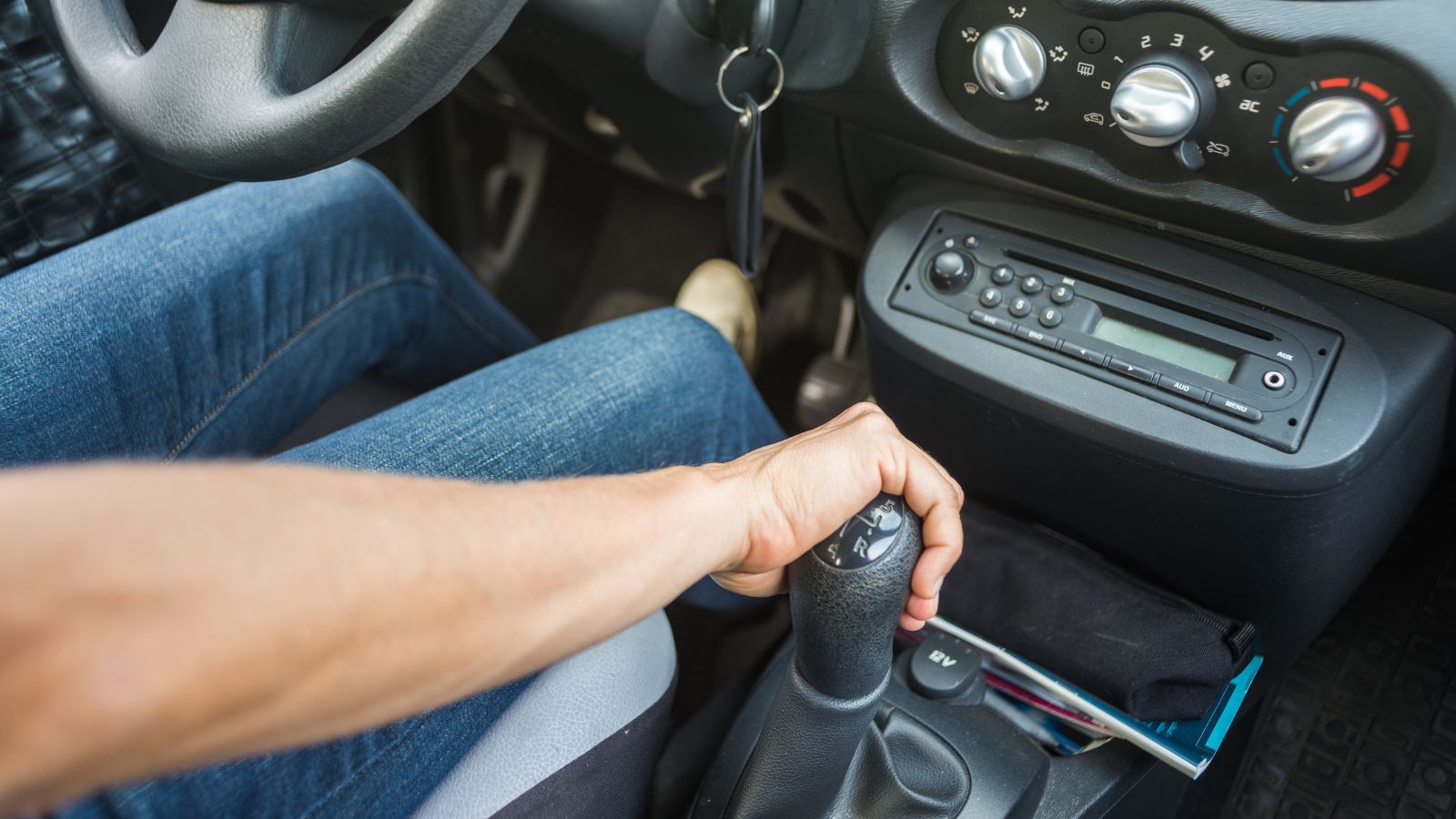
If you drive a manual transmission, shifting at the right time can help you save fuel. High revs burn more gas, so shift sooner when accelerating smoothly. Even in automatics, using sport or low gear settings all the time can reduce efficiency. Understanding your vehicle’s powerband and driving habits helps you get the most out of every tank of gas.
Choose the Right Fuel
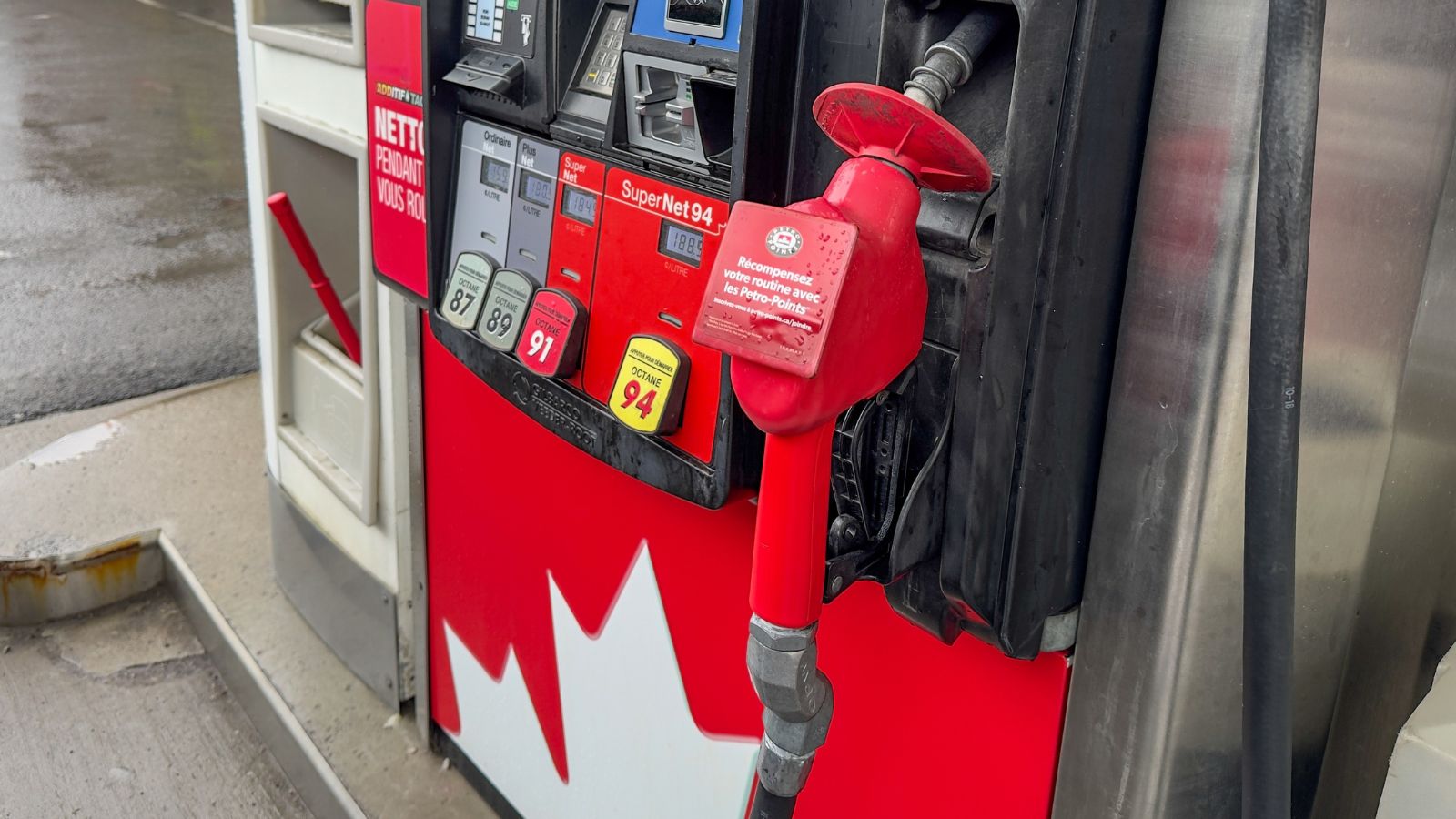
It’s easy to assume premium gas is always better, but most cars in Canada are designed to run on regular. Unless your vehicle specifically calls for high-octane fuel, using premium won’t improve performance or mileage—it’ll just cost more. Check your owner’s manual or the inside of your fuel door. Paying for premium when you don’t need it is an easy way to waste money.
21 Products Canadians Should Stockpile Before Tariffs Hit

If trade tensions escalate between Canada and the U.S., everyday essentials can suddenly disappear or skyrocket in price. Products like pantry basics and tech must-haves that depend on are deeply tied to cross-border supply chains and are likely to face various kinds of disruptions
21 Products Canadians Should Stockpile Before Tariffs Hit
